Offshore Drilling Is More Environmentally Destructive Than You Can Imagine
Published Oct. 20 2021, 3:43 p.m. ET
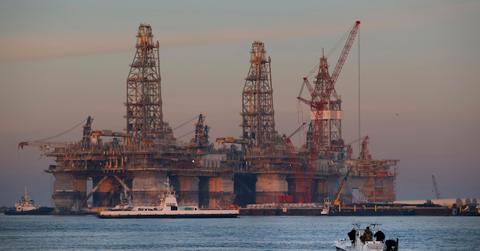
Offshore drilling is the process of pulling oil and natural gas out of the earth from deep beneath the sea. When it works, offshore drilling ends up being a rather lucrative enterprise. When it doesn’t work, the process results in massive, environmental disasters that can decimate wildlife populations and irrevocably change ecosystems. It rarely works perfectly every time, but even when it is working "as it should", offshore drilling affects the environment in a myriad of destructive ways.
How does offshore drilling affect the environment?
It isn’t just burst pipelines and underwater explosions that affect the natural environment. The very existence of offshore oil derricks is an environmental hazard. First, let us consider that offshore drilling is primarily used to extract fossil fuels, which are one of the main causes of global warming and the climate crisis.
According to the National Resource Defense Institute (NRDC), offshore drilling has an effect on plants, animals, water quality, and on the people who work with or live near where oil rigs are located.
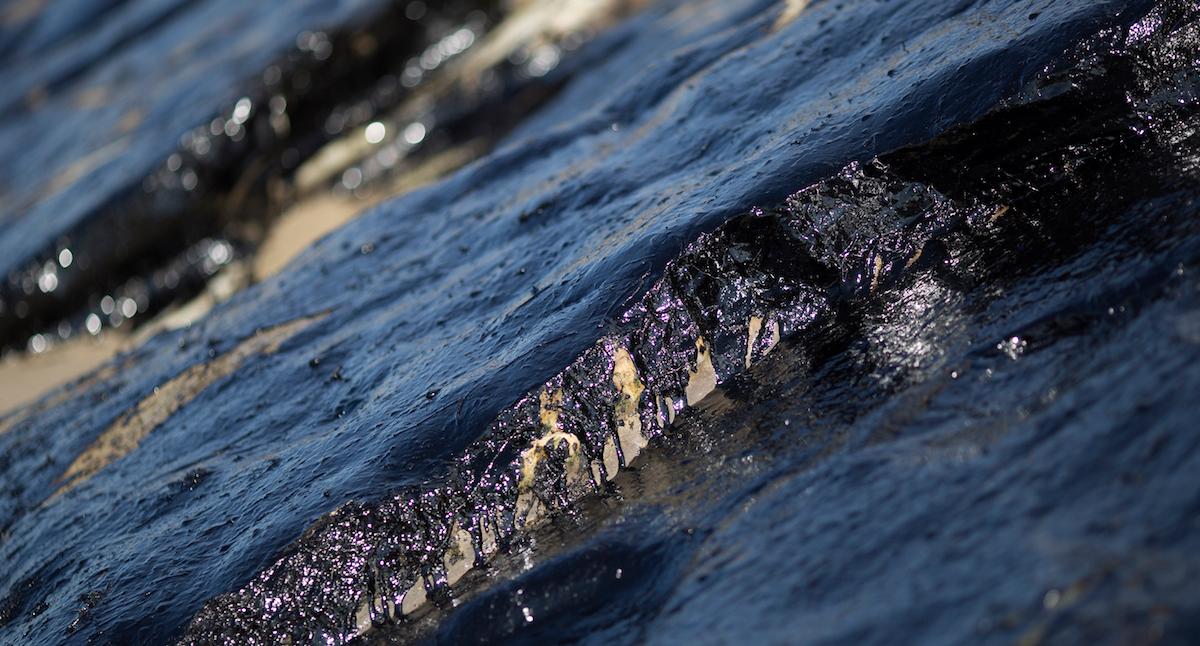
How does offshore drilling affect the oceans?
According to Sciencing, there are nearly a hundred chemical and oil spills every year in the U.S. These spills affect the economy, disrupt the transportation and fishing industries, and cause harm to people and nearby ecosystems. Coral reefs and seabirds can become hopelessly mired in oil and perish, while commercial seafood populations can become contaminated and unfit for anyone’s consumption.
The waste disposal procedures used by offshore oil rigs are not always above board, either. Bilgewater, cement, chemical runoff, and trash from these rigs is supposed to be sent to shore for disposal, as per EPA regulations, but it doesn’t always work out that way.
According to Beachapedia, the drilling muds (fluids), formation water, and cuttings used by oil rigs are legally allowed to be released back into the water, even if some of those fluids contain toxic compounds such as arsenic, benzene, zinc, and radioactive materials.
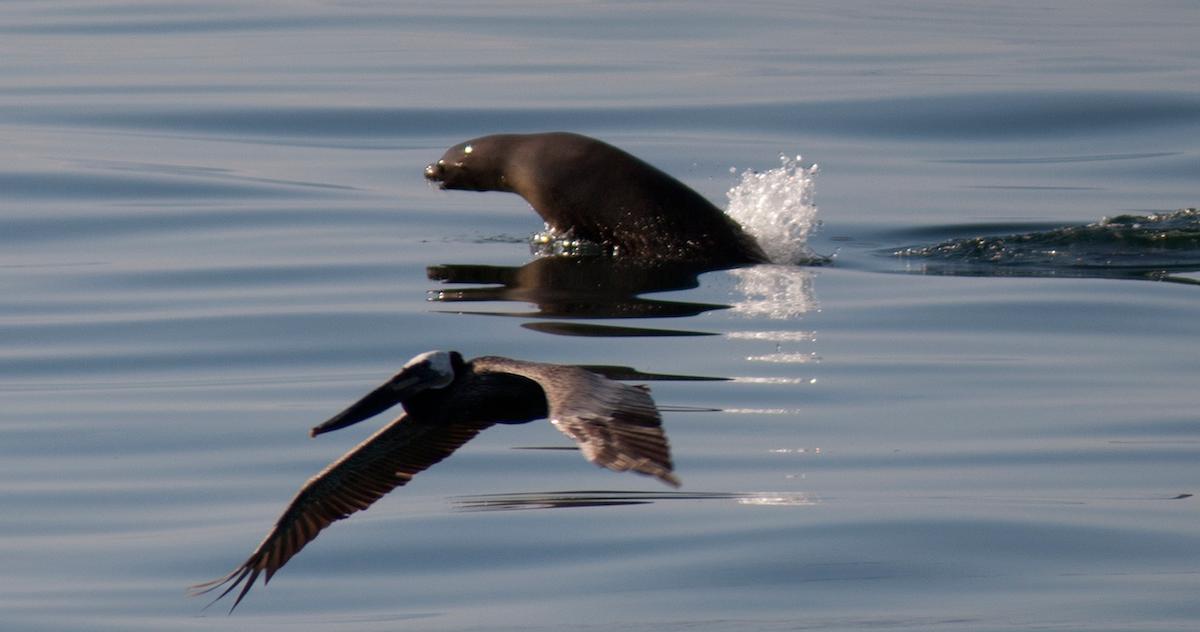
How does offshore drilling affect wildlife?
As mentioned earlier, oil spills that result from offshore drilling can seriously impact the lives of nearby marine animals. According to the National Oceanic and Atmospheric Administration (NOAA), when oil gets on the feathers of marine birds, it destroys the water repellency and insulating abilities of those feathers.
Oil also destroys the insulating ability of furry marine mammals like sea otters. Without that insulation, these animals will die of hypothermia and/or be weighed down by the oil, the birds won't be able to fly. Birds and animals that try to clean it off their skin invariably ingest the oil and poison themselves, while ocean-faring reptiles like sea turtles can become trapped in the oil and unable to surface.
Whales and dolphins can accidentally inhale it as they swim, affecting immune function and reproductive processes, and fish who aspirate oil through their gills are almost guaranteed a death sentence. According to NOAA, fish eggs and marine larvae are especially sensitive to oil and chemicals, which can be ruinous for entire populations and marine food chains.
Sciencing reports that the sound created by seismic surveys and offshore exploration teams can have an overwhelmingly negative effect on the nearby wildlife. The sound waves used to identify potential underwater drilling sites bounce off the ground and garble the sonar and echolocation that whales and dolphins use to hunt, communicate, and travel. It isn’t just a brief, one-time thing either. Some of these seismic surveys can last over two weeks and cover areas of 600 miles or more.
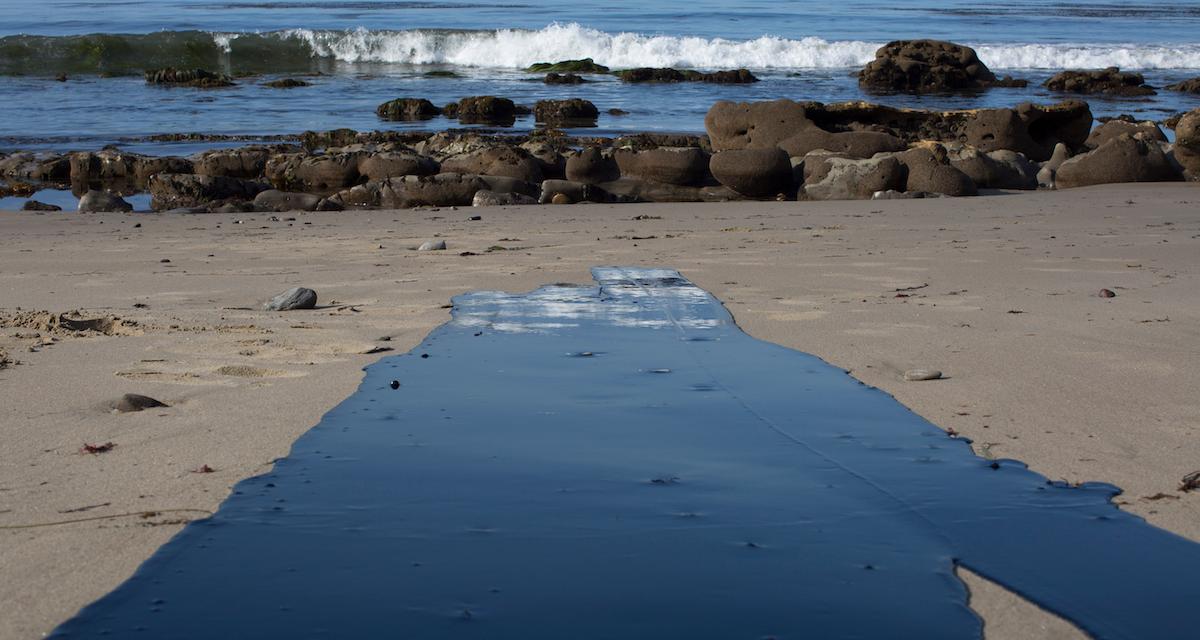
How does offshore drilling affect the local populations?
When toxic oil spills out of offshore rigs and into the ocean, the effect isn’t just limited to the local plants and animals. People live around these sites as well, and even spills that have been “repaired” can have long-lasting health effects. According to Amazon Front Lines, 30 billion gallons of oil and toxic waste have been released into the environment between 1972 and 1993.
Whether purposeful or accidental, these spills have caused everything from respiratory, eye, and skin problems to reproductive issues and neurological problems. That’s not even counting the respiratory problems caused by the smog from carbon emissions. In addition, food and water contamination are common enough that entire coastal regions find themselves without basic essentials for long periods of time.
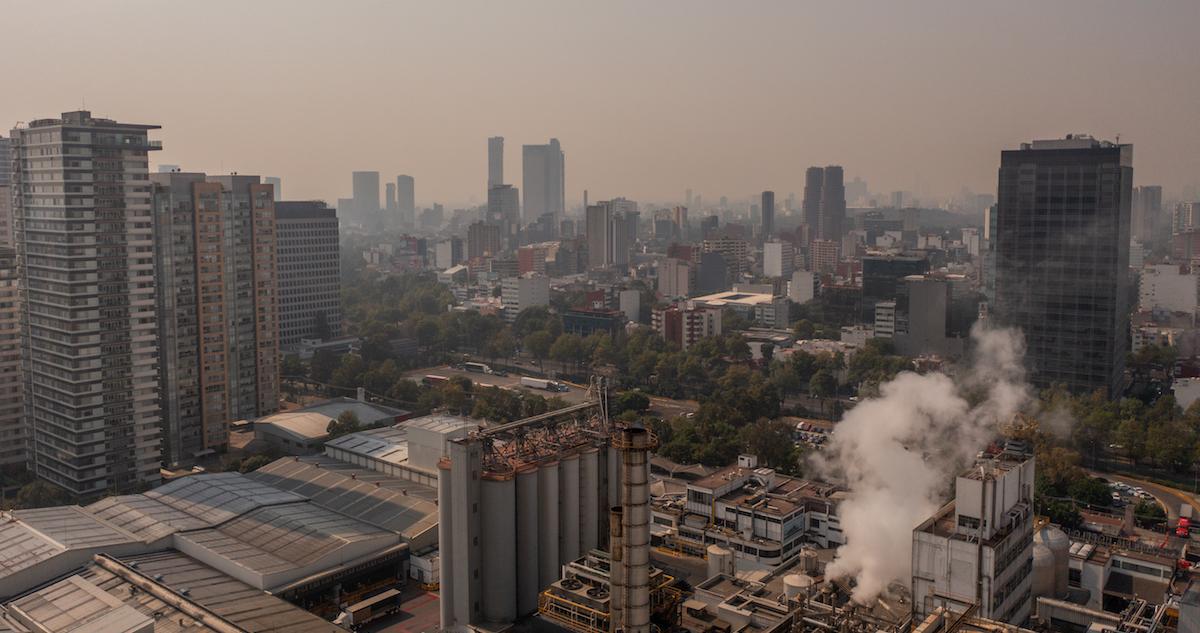
Does offshore drilling produce greenhouse gases?
If you asked the Trump administration about whether or not offshore drilling contributes to the problems of carbon emission and greenhouse gases, they might have told you that offshore drilling is key to reducing emissions. But these questionable claims were par for the course for that administration, weren’t they? According to Vox, Democratic politicians under the Biden administration have something similar to say.
Vox reports that Louisiana Gov. John Bel Edwards testified to the Senate Energy Committee with this quote regarding offshore drilling: “Gulf of Mexico oil and gas production produces substantially fewer greenhouse gas emissions than oil and gas production in any other region of the world.”
This attempt at greenwashing an obviously pollutive process is nothing short of an insult to those of us who know the reality of the current climate crisis, and the destructive part that fossil fuels play in it. The truth is that offshore oil contributes a higher-than-estimated concentration of methane, a greenhouse gas, than many other industries. And that’s before we even start burning the crude fruits of its labor.